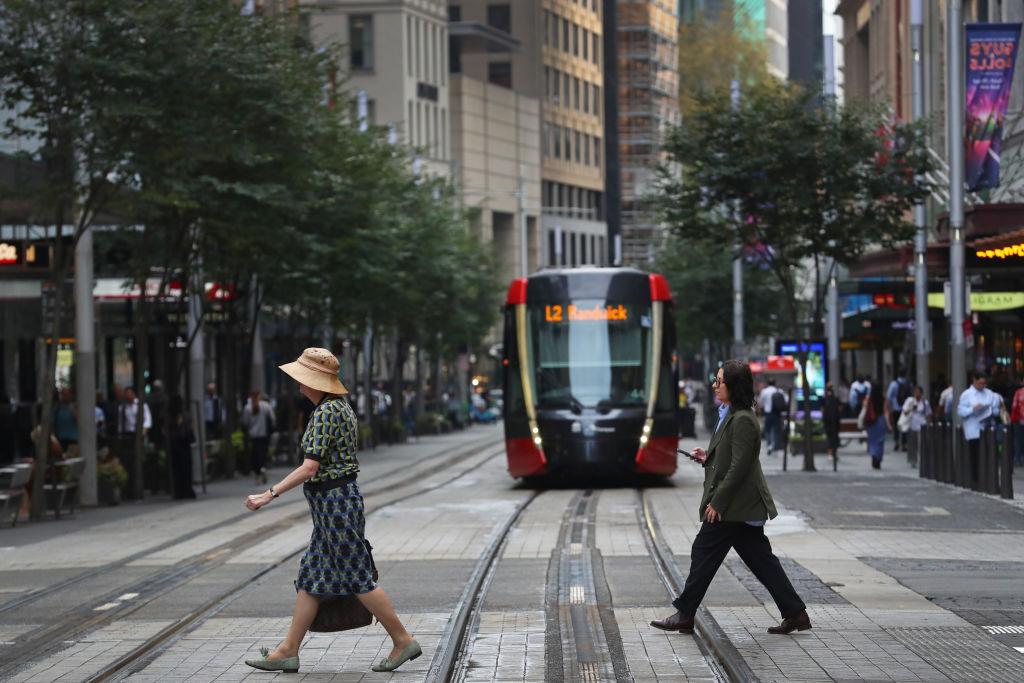Australian supply chains are lagging behind global standards and those of the regional neighbours, according to an analysis by consulting company KPMG.
“With insufficient investment in Australian supply chains, they remain highly manual and inefficient,” Peter Liddell, KPMG Global Head of Supply Chain said.




